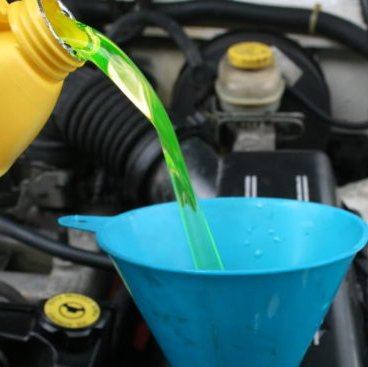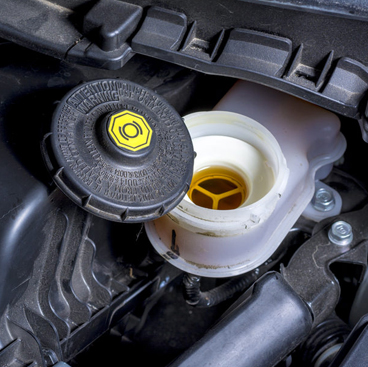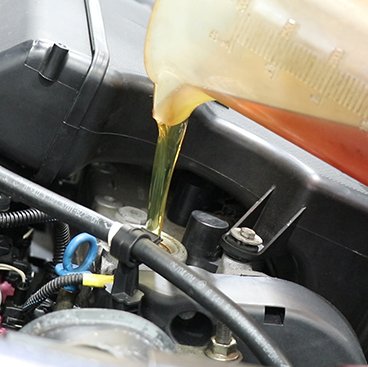The Essential Role of Antifreeze in Engine Maintenance

Antifreeze, often referred to as coolant, is a crucial component of your vehicle’s engine cooling system. It serves a multitude of functions that are pivotal for the efficient and safe operation of your car. Let’s explore the various aspects of antifreeze and why it’s an indispensable part of engine maintenance.
Lowering the Freezing Point:
One of the primary roles of antifreeze is to lower the freezing point of the water in your engine’s cooling system. This is an essential function, particularly in cold climates. By doing so, it ensures that the water within the engine does not freeze under normal cold weather conditions, preventing the risk of engine damage due to frozen coolant.
Raising the Boiling Point:
Antifreeze is not just about preventing freezing; it also raises the boiling point of the engine coolant. This aspect is crucial to prevent overheating, especially during hot summer months or when the engine is under heavy load. By increasing the boiling point, antifreeze helps maintain the engine’s temperature within the safe and optimal range.
Protection from Corrosion:
Antifreeze acts as a protective shield for your engine by inhibiting corrosion within the cooling system. It prevents the formation of rust and corrosion on vital engine components, prolonging their lifespan and overall durability.
Facilitating Heat Transfer:
Efficient heat transfer is vital for your engine’s performance. Antifreeze enhances this process by allowing the engine to disperse heat effectively. This ensures that your engine operates at the right temperature, optimizing fuel combustion and overall efficiency.
Scale Prevention:
Antifreeze also plays a role in preventing the buildup of scale and deposits within the cooling system. Scale can impede the flow of coolant, resulting in reduced cooling efficiency. By preventing scale formation, antifreeze helps maintain the proper circulation of coolant throughout the system.
Types of Antifreeze:
There are two main types of antifreeze available: organic acid technology (O.A.T.), typically red in color, and glycol-based, usually green. Both offer reliable protection, but they have different lifespans. Green antifreeze typically lasts for about five years, while red antifreeze can extend up to ten years.
Importance of Replacement:
Antifreeze isn’t a lifetime solution. At the end of its recommended life cycle, it’s crucial to drain, flush, and replace the antifreeze to avoid costly cooling system issues. Neglecting this maintenance can lead to problems like water pump leaks and radiator blockages, which are common culprits for premature cylinder head gasket failure.
In summary, antifreeze is an unsung hero in your vehicle’s engine maintenance. It performs a range of functions that are vital for the longevity and efficiency of your engine. Whether it’s preventing freezing or overheating, protecting against corrosion, aiding heat transfer, or inhibiting scale formation, antifreeze is a key player in keeping your engine running smoothly and preventing costly breakdowns. So, make sure to adhere to the recommended maintenance schedule and replace your antifreeze when it’s time to ensure your engine’s health and performance.








